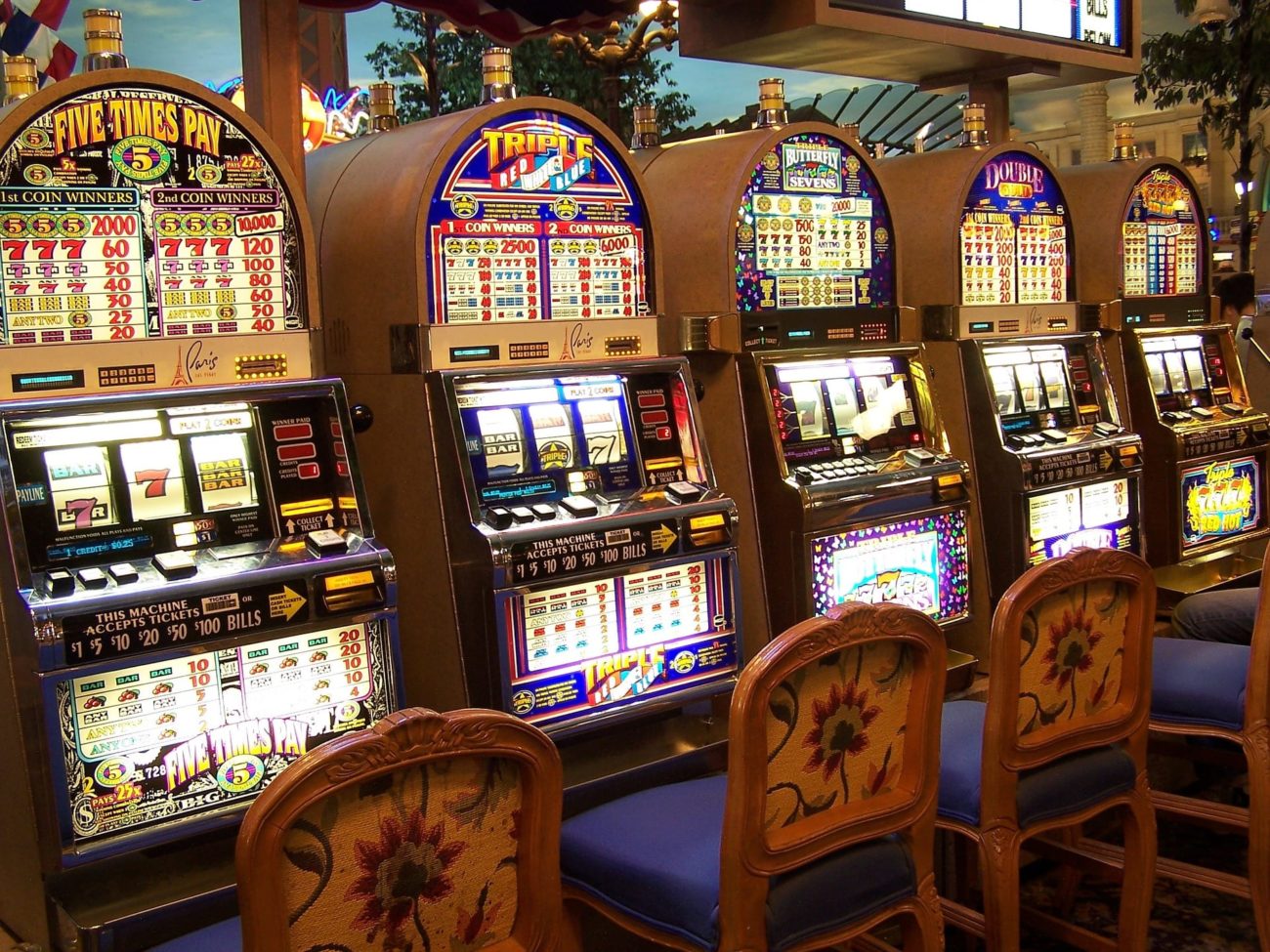
In the vibrant world of gambling games, where bright lights and the sound of spinning reels create an thrilling atmosphere, players are drawn in by the dual allure of tactics and luck. Casino games have captivated audiences for decades, blending the thrill of fortune with the joy of skillful play. From the classic games like Texas Hold’em and 21 to the contemporary marvels of video slots and electronic gaming, each experience offers something unique to every player, whether they are experienced veterans or curious newcomers.
As you step into this realm, you might wonder what distinguishes these games apart. Some players rely on meticulous planning and tactical analysis to gain an edge, while others might leave their fate to the whims of the dice or the shuffle of the cards. This complex balance between measured moves and chance-based outcomes is what makes casino games so engaging. As we explore this dynamic world, we will reveal the different types of games available, the strategies employed by shrewd players, and the role that luck plays in shaping the outcome of each exciting moment.
Types of Casino Games
Gambling activities come in various forms, providing a wide range of entertainment for gamblers. The most common types are table games, slot slots, and card games. Table activities like 21, the wheel, and baccarat offer players a combination of skill and chance, creating vibrant environments in gambling establishments. These activities often have specific regulations and tactics that can affect the results, attracting those who enjoy strategic play.
Fruit slots, on the other hand, are known for their ease of play and the excitement of potential prizes. They come in numerous styles and variations, from traditional three-reel classic machines to modern digital slots with intricate graphics and features. revoca autoesclusione AAMS tempi The primary attraction of slot machines lies in their ease of use; gamblers simply rotate the reels and hope for a winning combination, making them a favorite among casual players.
The game of poker represents a distinct subcategory within the casino activity landscape. In contrast to activities like slots or 21, the game of poker is primarily a skill-oriented game involving tactics, mental skills, and reading opponents. Versions such as Texas Hold ’em and Omaha have gained great fame, with contests attracting participants from all around the world. This blend of luck and skill makes the game of poker unique, creating a competitive environment where players can showcase their talents.
Tactics for Success
When it comes to casino games, having a strong strategy can make all the impact in improving your likelihood of winning. One basic approach is to grasp the rules and odds associated with every game. For example, in games like blackjack, understanding when to hit or stand based on mathematical probabilities can significantly enhance your game’s outcome. Furthermore, acquainting yourself with house edges helps you opt for games that offer the best conditions for players.
Another efficient strategy is to control your bankroll wisely. Creating a budget before you start playing is vital to avoid recouping losses or overspending. Divide your bankroll into smaller amounts for various sessions and stick to these limits. This self-control not only extends your playtime, allowing for extra chances at a win but also reduces the emotional strain that can lead to poor decision-making under pressure.
In conclusion, take benefit from bonuses and promotions that casinos present. Many casinos give rewards programs that can give you extra value for your play. These bonuses often include complimentary spins, cashback deals, or match deposits. Utilizing these promotions can boost your bankroll, giving you additional opportunities to play and potentially win without risking your personal money. By merging knowledge of game strategies, effective bankroll management, and the smart use of casino promotions, players can explore the world of casino games with a higher chance of succeeding.
The Role of Luck
Luck plays a critical role in the world of gaming, often determining the outcome of every hand or hand. Unlike strategy-based games where ability can greatly increase a player’s odds of winning, many casino games rely heavily on chance. For example, in games such as slot machines and roulette, the results are entirely random, leaving players at the mercy of fortune. This element of uncertainty adds excitement and suspense to the gaming atmosphere, as players never know when luck may occur.
Additionally, luck impacts player psychology deeply. Gamblers often chase their losses or ride winning streaks, fueled by the idea that luck can change at any moment. This attitude can lead to both thrilling highs and devastating lows. While some may employ strategies to enhance their odds, it is the factor of luck that keeps players returning, hoping for that fortunate moment when everything aligns.
Ultimately, while expertise and strategy can enhance the overall gaming journey, fortune remains the driving factor in casino games. It is this mixture of chance and risk-taking that creates a compelling environment, allowing players to engage in a thrilling dance between fate and their own decision-making. In the end, every spin, roll, or draw brings with it the possibility for both triumph and defeat, reminding us that fortune is always a key player in the casino.
